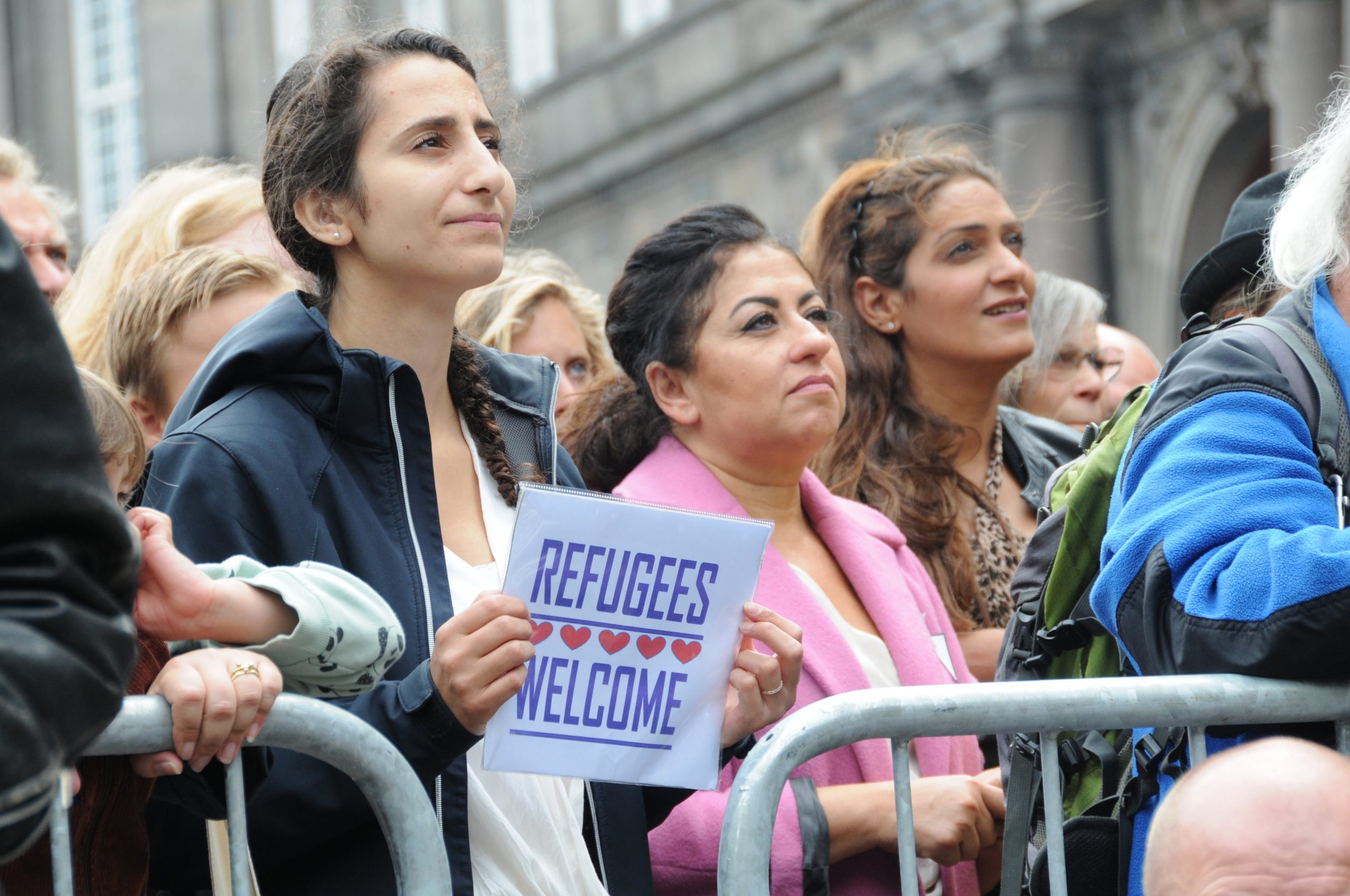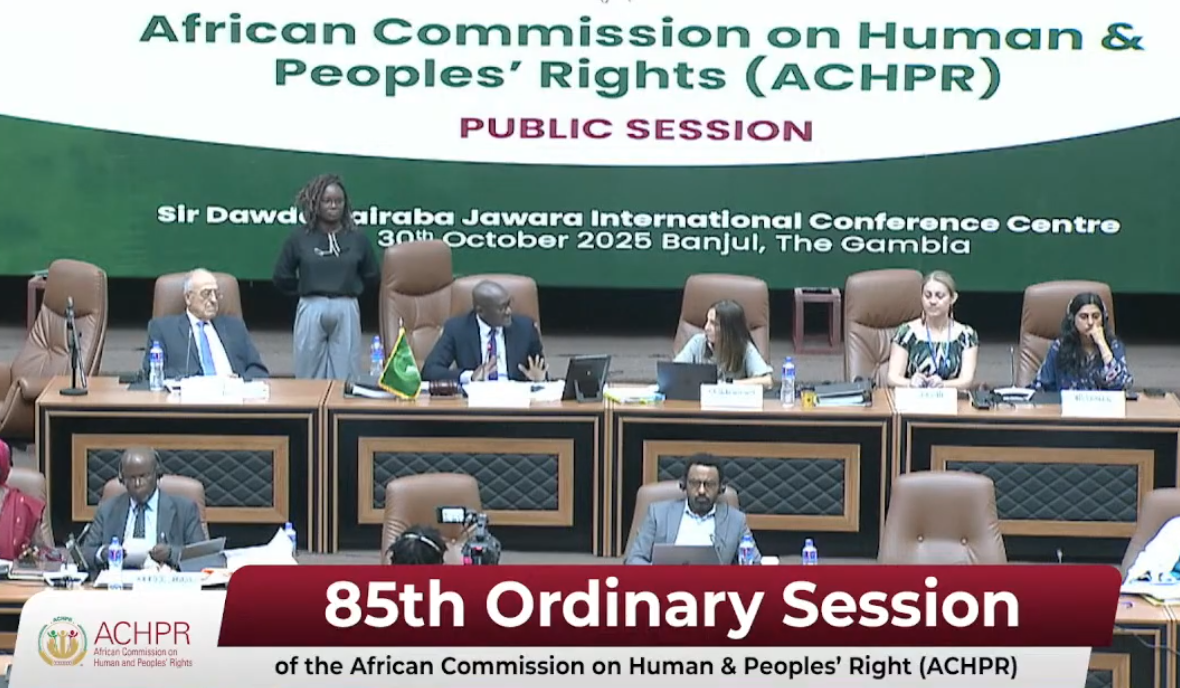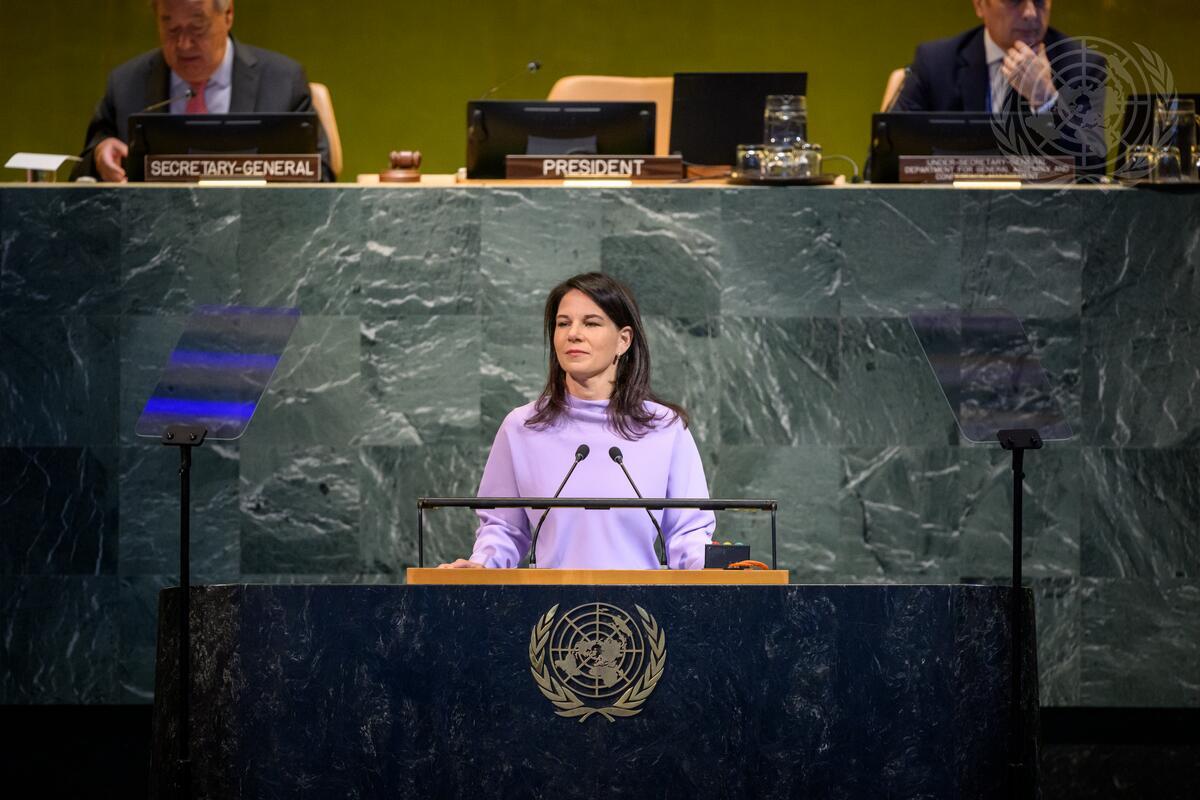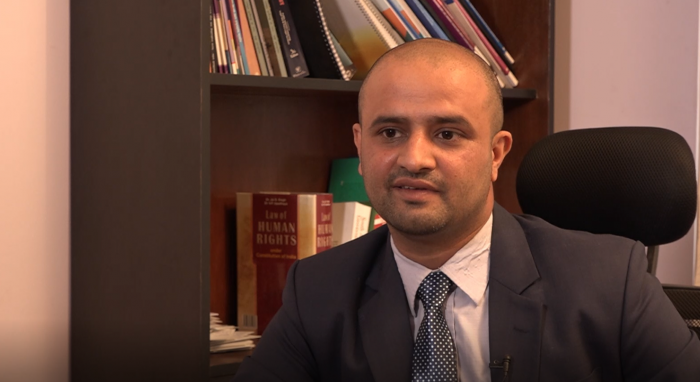Throughout the world and across history, people who are migrants or refugees have strengthened communities by bringing new ideas, adding diversity, enriching culture, and contributing to society as they strive to build a better life.
People move to other countries for a variety of reasons. Some for work reasons or to be with family or just for the chance of a fresh start or a better life.
Others have been forced by conflict or political persecution to seek safety in another country. Migrants and refugees are often vulnerable to violations and abuses of their rights and dignity. But when they come together to call for their human rights to be protected, or when others do so in solidarity, governments around the world often put up roadblocks, restricting rights and freedoms instead of respecting them. Those defending migrant rights and refugee rights, and showing how migration and human rights are interconnected, represent humanity at its best – inclusive, diverse and often, life-saving.
Faced with mounting challenges around the globe, many governments invest heavily in development and peace and security programmes to address the root causes of conflicts, crisis and climate change. But impunity, corruption and instability persist – and sometimes, are exacerbated by those same governments’ actions in other spheres, like politics or economics and trade. It’s not hard to understand why many people make the hard decision to leave their homes and families in search of better, safer lives for themselves and their families. Wouldn’t you?
Instead of finding relief or security or opportunity, however, many migrants and refugees are exploited, victimised, threatened and even killed. Those who can find safe harbour may try to come together to advocate for their communities, only to find that their struggle for rights can actually lead to more problems, not less. Those who are stranded, at risk, lost or injured need life-saving assistance; but when ordinary citizens are moved to help by providing water or shelter, or legal support, or simply the loan of a mobile phone, they can face trial for ‘crimes of solidarity’ – acts which should actually be considered as a tribute to humanity.
Despite this difficult environment, and sometimes at great risk, defenders of migrant and refugee rights continue their work. They hold governments accountable to their word when it comes to rights protections – using the law, peaceful assembly, and innovative campaigns to do so. They provide shelter to those crossing mountains in the winter and deserts in summer. They bring refugees and migrants into their homes and communities to build trust, cohesion and sustainable communities. They remember and memorialise those missing, presumed dead and keep on fighting for the living.
ISHR supports migrants human rights defenders
Throughout this all, ISHR stands ready to ensure this fight is visible, and that no government can justify treating a person with less dignity simply because they may be undocumented. We are present, working with civil society and migrant organisations to recognise their work as rights defence, to legitimise their concerns, to strategise about how to use international advocacy – along with a range of other tools – to change the policies and practices that shape ‘migration management’ for the better.
Because we agree with them: no matter where one is born, or what papers they may hold, their fundamental human rights don’t disappear at the border.








